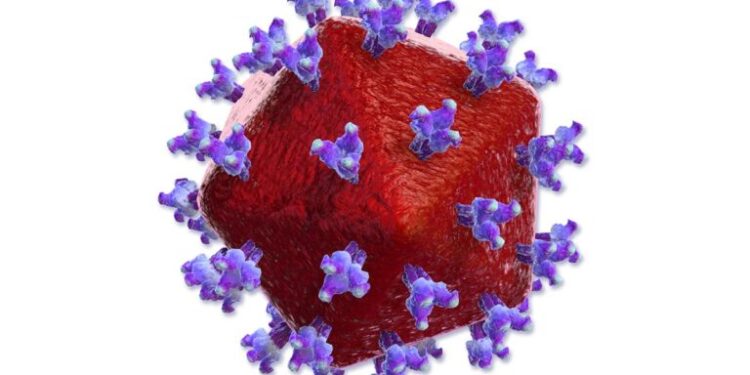Public Health Alarm:
HIV Ravages Abuja, Lagos ………… Doctor
A Nigerian female doctor has issued a public warning via a viral video, citing a sharp and alarming increase in HIV infections in Lagos and Abuja. Her concerns are based on recent data presented at a closed-door medical symposium, reportedly showing:
A prevalence rate increase from around 5% in 2020 to over 75% in certain samples.
Indications that at least 1 in 10 Nigerians may now be living with HIV.
These findings were sourced from hospital-submitted data to a health-focused NGO.
Key Messages from the Doctor:
Testing is critical, regardless of marital status or perceived relationship trust.
Condoms may reduce risk but are not foolproof.
Regular HIV testing (every 6 months) is strongly advised, especially before starting a new sexual relationship.
Early detection = better treatment outcomes.
Is the Data Accurate?
While the doctor claims the figures are based on real hospital data, some red flags suggest the 75% prevalence in “samples” may be a misinterpretation or from highly targeted high-risk groups (not the general population). As of official NACA and UNAIDS estimates, the national prevalence remains around 1.3% to 1.5%, with urban areas like Lagos and Abuja slightly higher but nowhere near 75%.
> Important Note: 75% prevalence is extremely high and could reflect specific sub-populations (e.g., high-risk groups) rather than the general population. Public health authorities are likely to issue clarifications soon.
✅ What You Should Do:
1. Get tested regularly, regardless of your perceived risk.
2. Use protection during sexual activity.
3. Avoid assuming monogamy equals safety.
4. Encourage your partner(s) to get tested as well.
5. Educate others—especially youth and sexually active adults—on the importance of early testing and treatment.
Where to Get Help:
Government hospitals and clinics.
Private diagnostic labs.
HIV-focused NGOs and community centers.
Free testing events often run by NACA, SFH Nigeria, and other health bodies.
Final Word:
Whether the numbers shared in the video are exaggerated or misunderstood, the core message is valid: HIV is still a serious issue, and routine testing and awareness are key to prevention and control. The stigma around HIV must also be dismantled to ensure more people feel safe getting tested and treated.









































